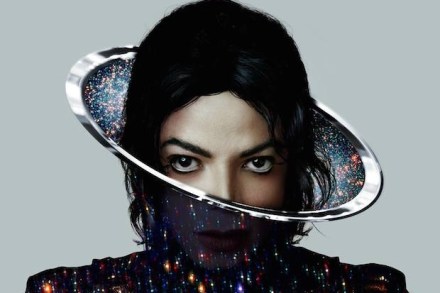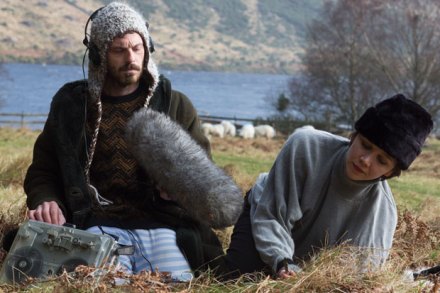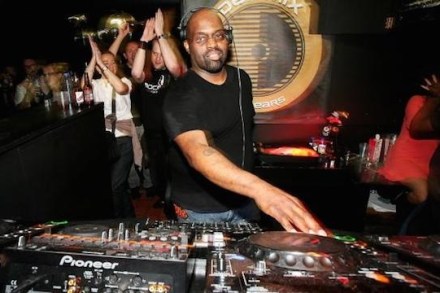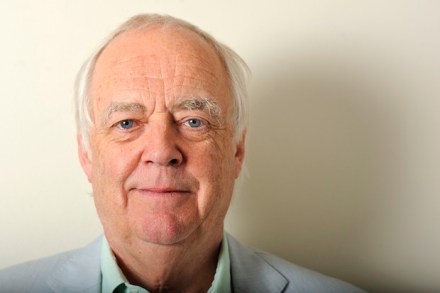The BBC’s music strategy is a shambles
Tony Hall made some terrible music announcements yesterday. They come hot on the heels of some terrible arts announcements he made a few months ago. Among the most lousy is the proposal to set up a music awards ceremony – because we don’t have enough of those. The suggestion is that the ceremony would become a rival to the BRIT Awards, with a focus on younger musicians and better music, which in principle sounds good until you realise it’ll be the BBC deciding the music and the musicians. He also hopes to ‘surprise audiences’ with ‘unexpected performances’. To do that he’s gone and bagged the BBC Concert Orchestra! I know!




















